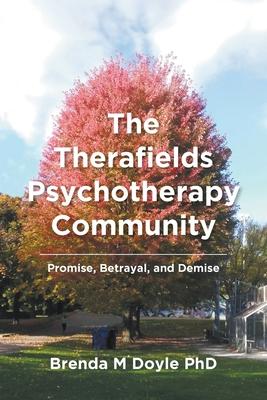Set within the context of other intentional communities or communes during the 1960s and 1970s, this book examines one such community, known as Therafields, developed with a focus on psychotherapy. Beginnings of hope and goodwill were eroded fairly early through decisions made by Lea Hindley-Smith, its central founding member, though their impacts were not necessarily visible for some time.
Within ten years the expansive spirit of the early community floundered, leaving confusion and even rancour among both seasoned psychotherapists and newer members. Still another ten years passed during which the community's presence lingered on, hobbled by shrouded financial dealings and an inner dynamic that favoured Hindley-Smith's family and close associates over those at varying degrees distant from that centre of power.
The revelation of Hindley-Smith's son's abusive relationships with children under his care in 1984 dealt a final blow to the already disintegrating community. Many longtime members recall benefits gained by their involvements, especially their ongoing connections with truly good people. However, Therafield's legacy cannot shrug off accusations of evil perpetrated in the name of faithfulness to its founder's guidance and charisma. Its story is a true cautionary tale.
